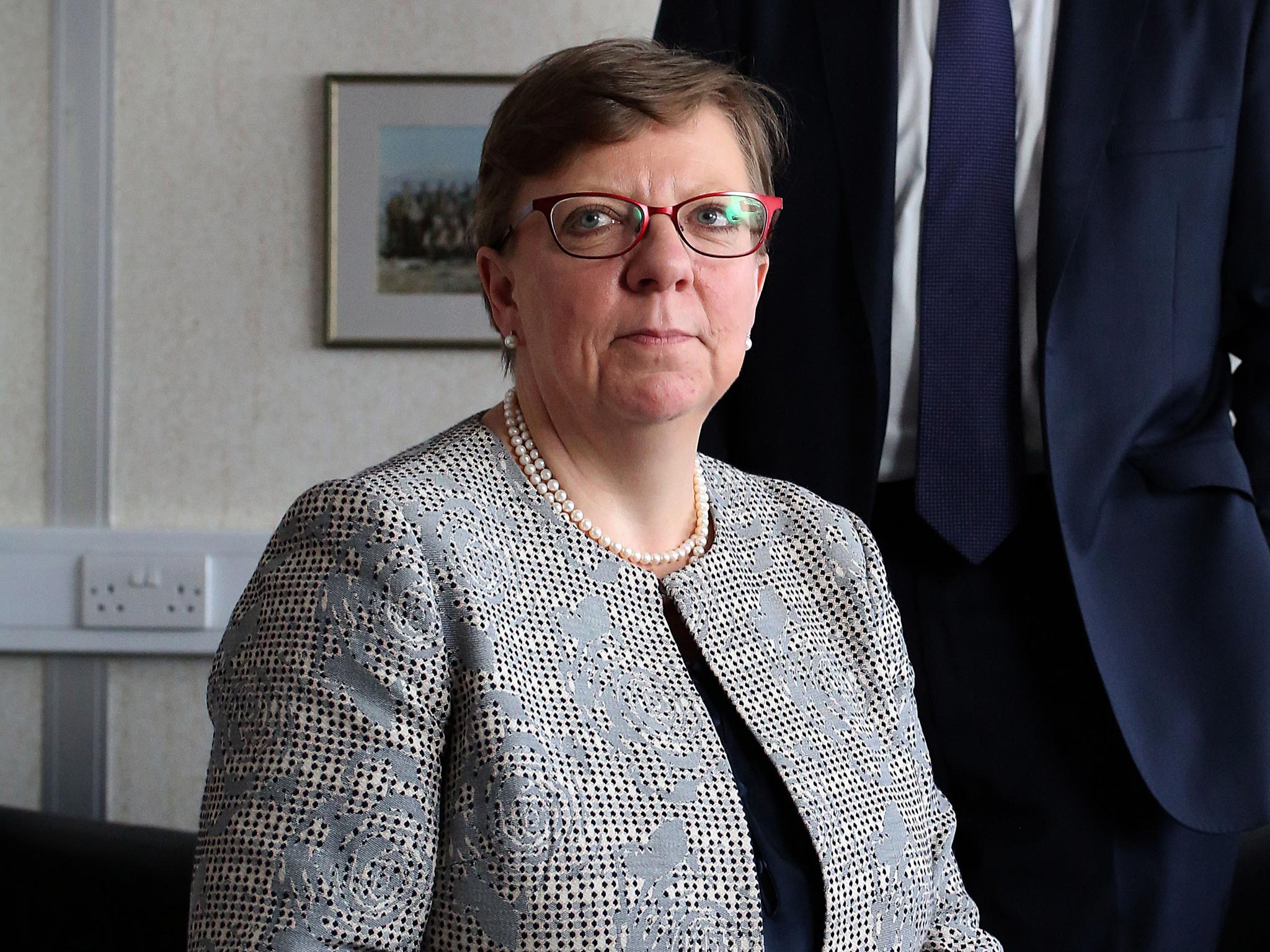Police need to take rapes more seriously, admits director of public prosecutions

Police and lawyers must stop thinking of rapists as “a man in a balaclava in a dark alley”, the director of public prosecutions warned yesterday, as she announced new measures to increase successful prosecutions of the crime.
Alison Saunders said police who dropped rape cases would in future face a far higher degree of scrutiny than is currently the case, while prosecutors would be instructed not to drop cases based on the behaviour of the complainant.
Those involved in investigating and prosecuting cases will also get further training on the law to address “misunderstandings of critical issues around consent and credibility”.
The strategy comes after The Independent and the Bureau of Investigative Journalism revealed worrying falls in the proportion of rape claims that end up with a criminal conviction.
Since 2011 the number of rape cases referred by the police to the Crown Prosecution Service for charging decisions fell by a third – despite a three per cent rise in reported rapes over the period. The number of people charged with rape by the CPS over that period fell by 14 per cent.
Announcing a joint action plan Ms Saunders and Martin Hewitt, the National Policing Lead for Adult Sexual Offences, said a six-month investigation by a joint rape panel had found that a wholesale attitude change was needed.
“The panel uncovered some pervasive myths that remain to this day among not only some police and prosecutors but perhaps society as a whole,” they said in a joint statement.
“Despite efforts to raise awareness, many people still believe a rapist is a man in a balaclava in a dark alley, and a victim is a woman who shows her fear through fight.
“That is very rarely the case; most rapists know their victim, many victims do not physically fight and the trauma of being raped will effect each victim differently.
“There is an urgent need to change the discourse on rape. Our police officers, our prosecutors, our courts and our communities must reject the out of date myths and acknowledge the realities of rape. We also need to debate and understand the fundamental issue of consent.”
The rape action plan includes:
- Ensuring police and prosecutor apply existing legislation effectively to focus on steps taken by a suspect to seek consent from their alleged victim.
- Updating the joint police and CPS national rape protocol on the investigation and prosecution of rape cases.
- Implementing greater scrutiny of police decisions to take no further action in rape cases, including the quality of record-keeping and authorisation of decision making.
Professor Liz Kelly, London Metropolitan University and co-chair of the End Violence Against Women Coalition, said she welcomed the initiative.
“I am pleased to see that already 700 more defendants have been charged in 2013-14 compared to the previous year but we need to see a corresponding rise in convictions,” she said.
“Everyone reporting sexual violence deserves the highest standards from the criminal justice system and the National Scrutiny Panel has identified actions which, if implemented consistently across England and Wales, provide an opportunity to achieve this.”
Ms Saunders added that juries would also need a greater education about rape cases.
“Our figures show that the proportion of cases ending in jury acquittals has increased by 4.2 per cent over the past year,” she said.
“Myths and stereotypes still pervade throughout society and have the potential to influence jurors too. We have a part to play in fighting any preconceptions through the way we handle and present our cases to those juries.”
Bookmark popover
Removed from bookmarks